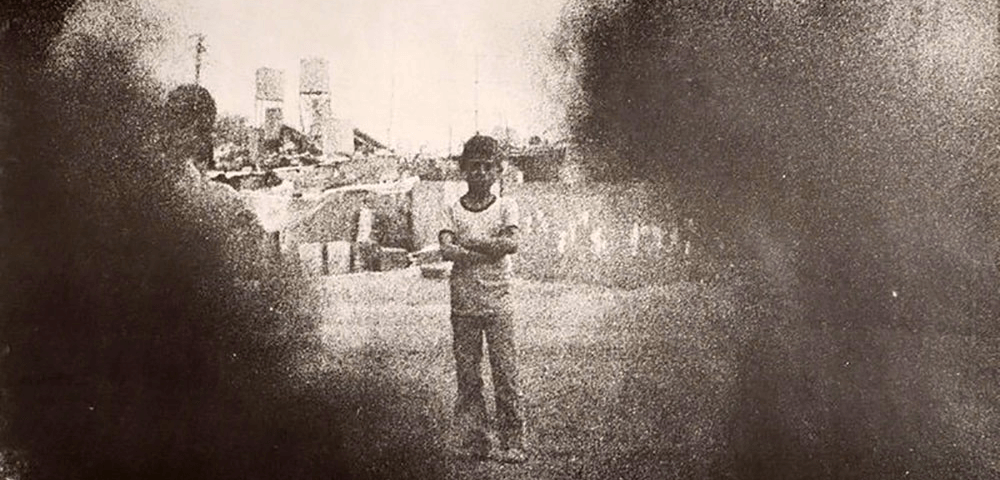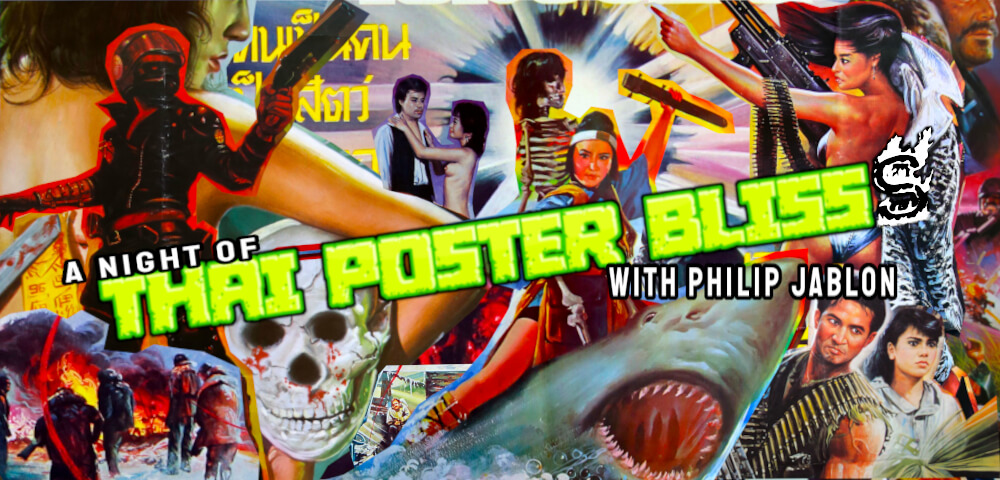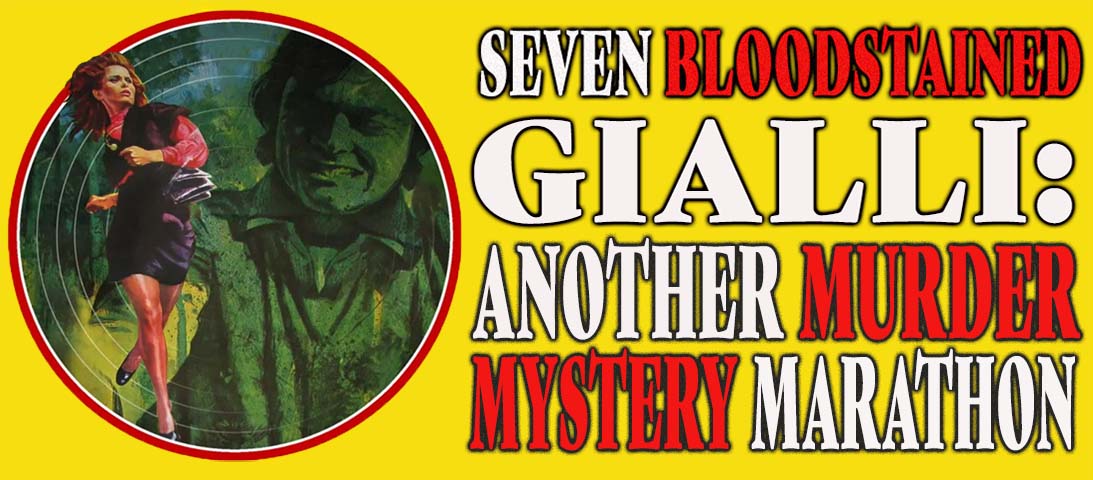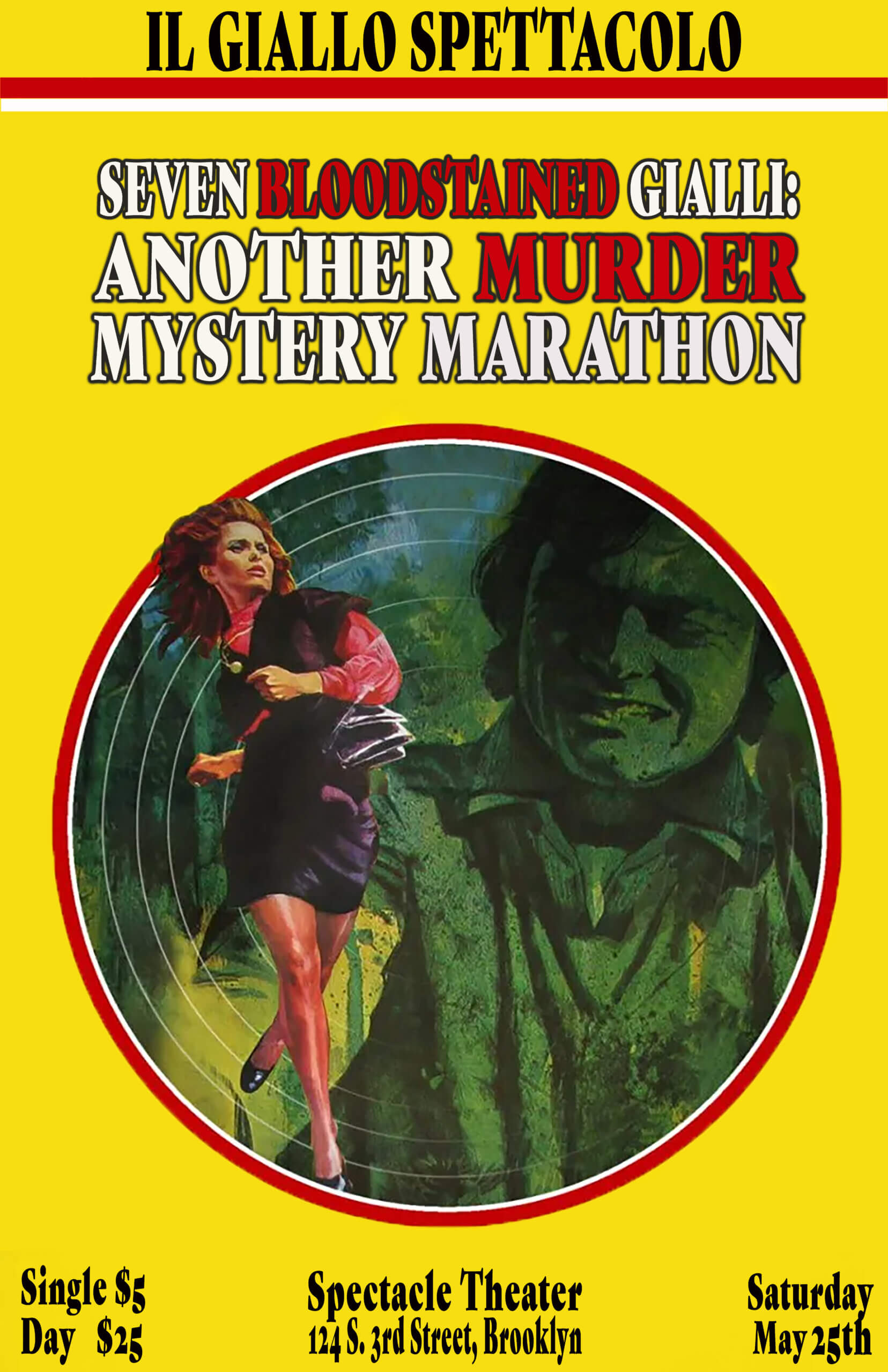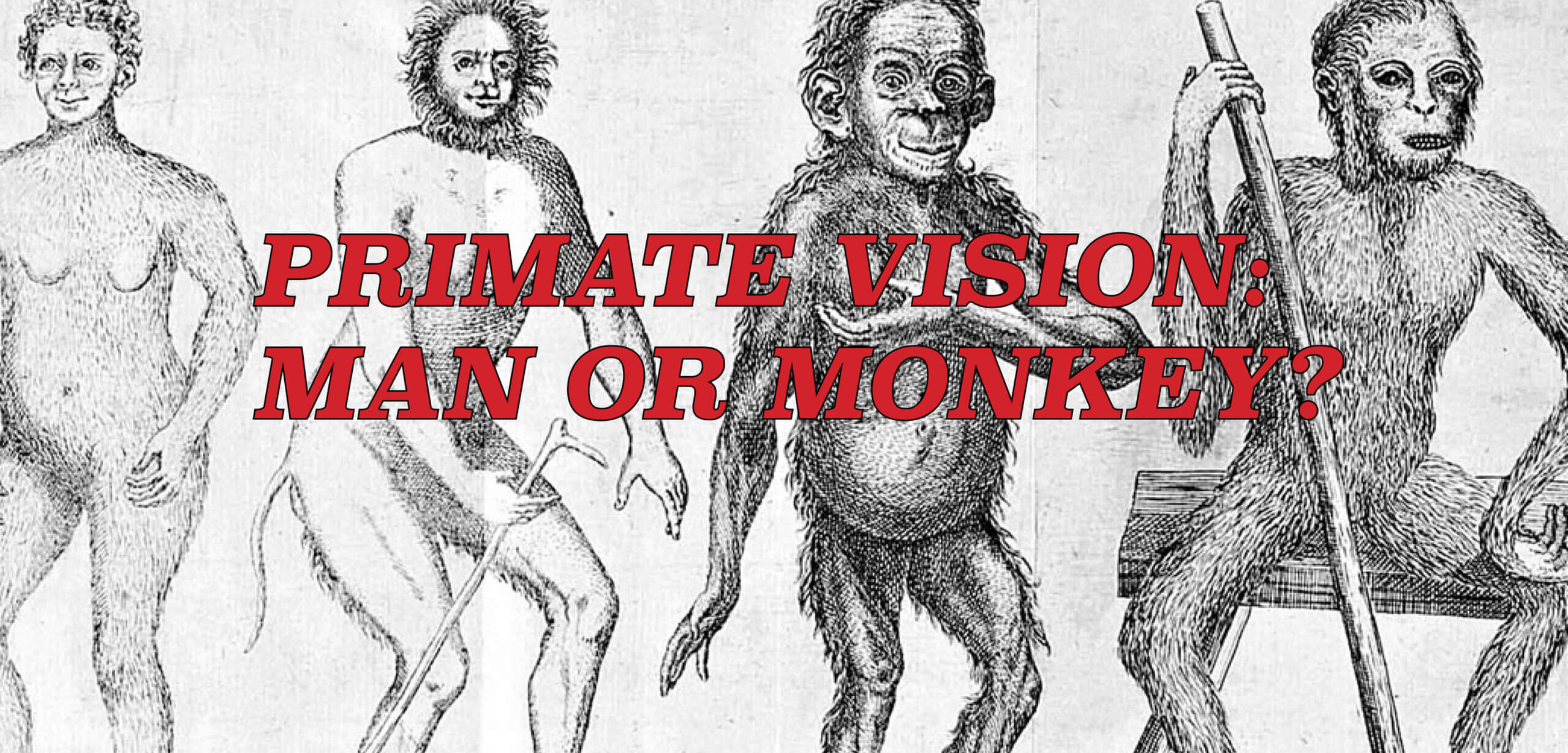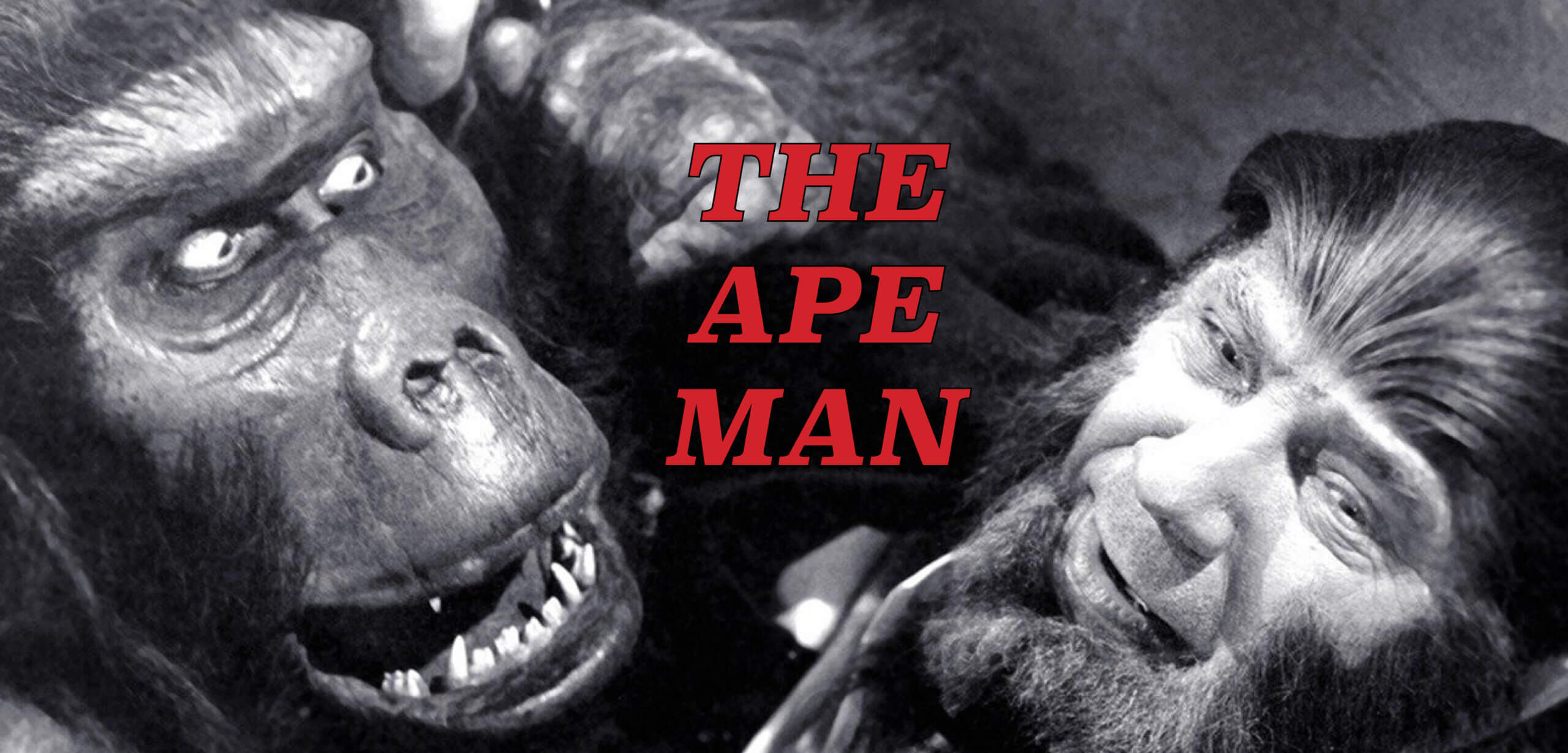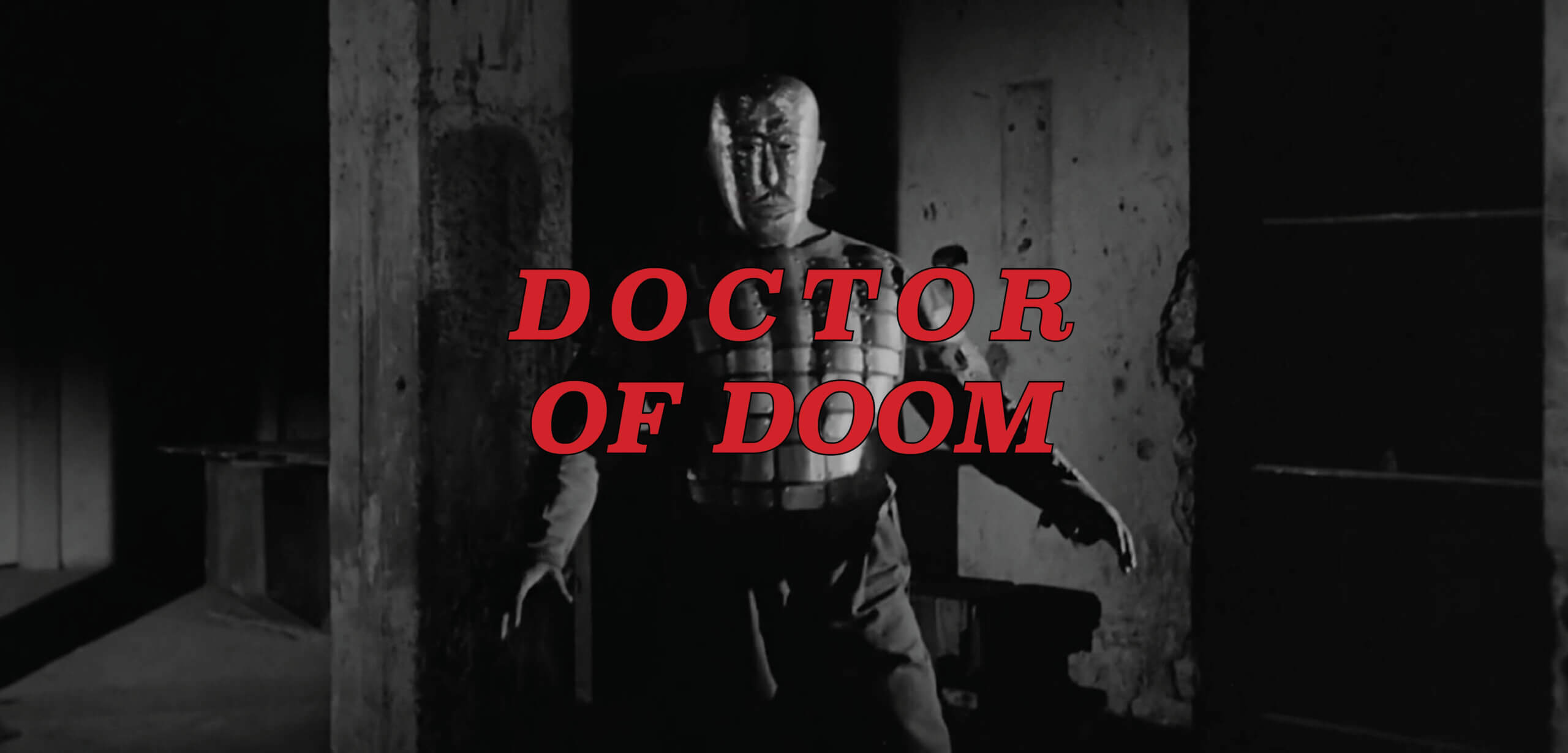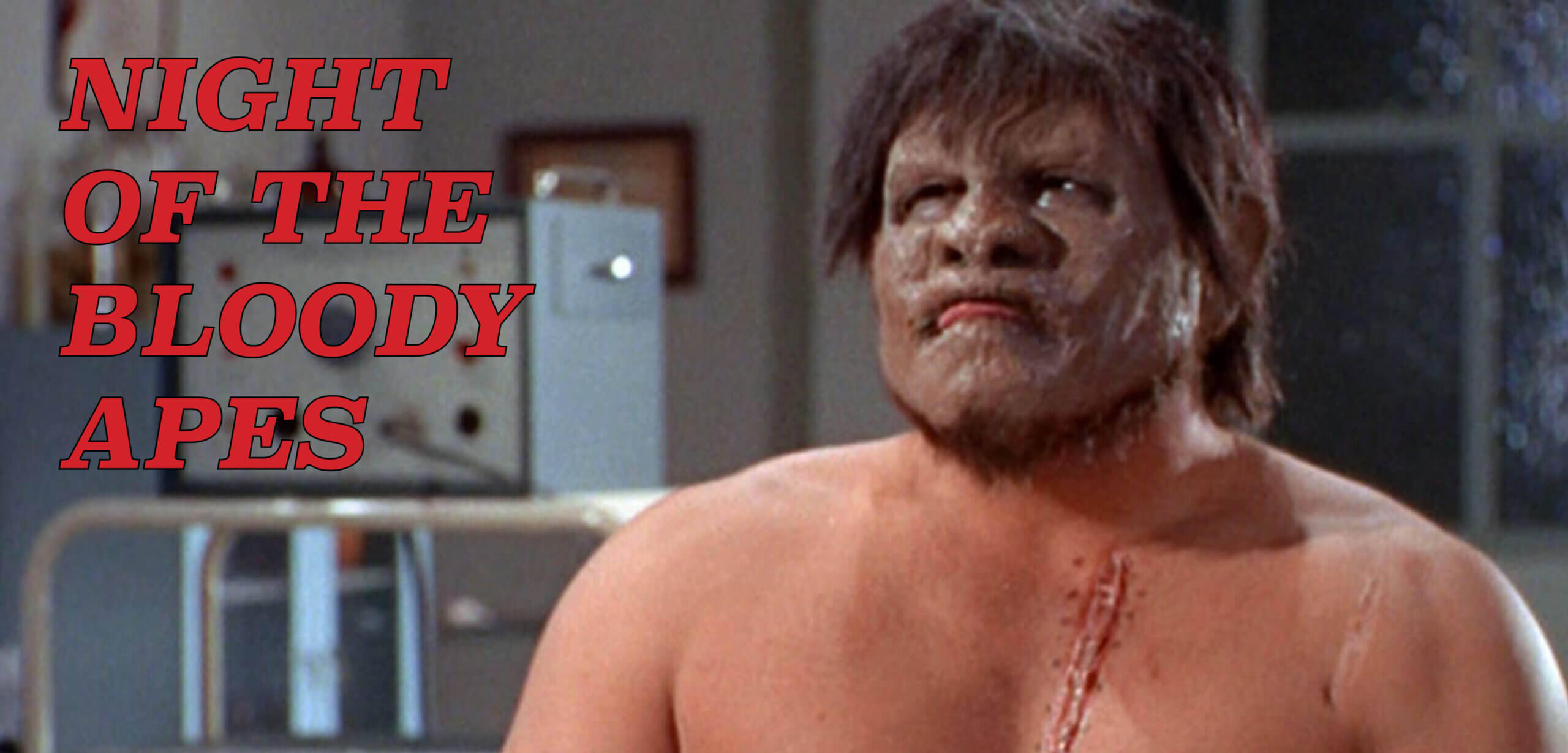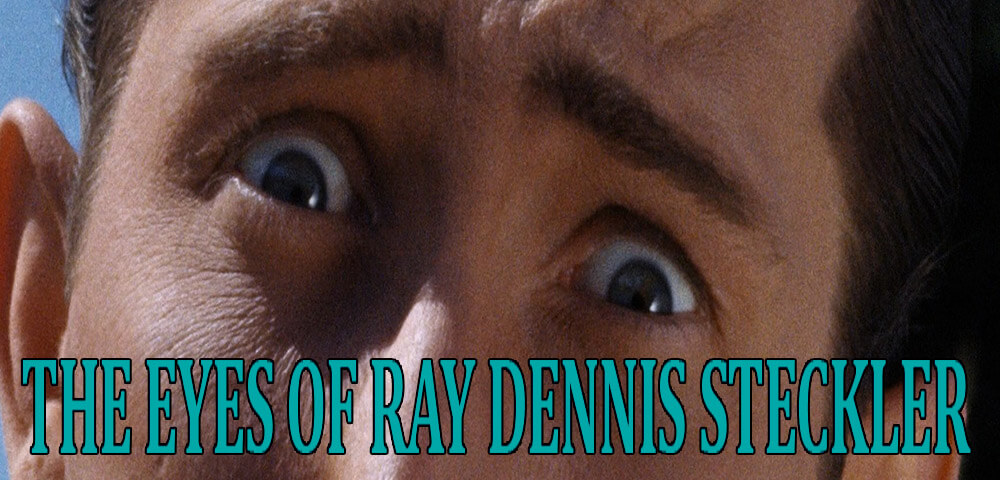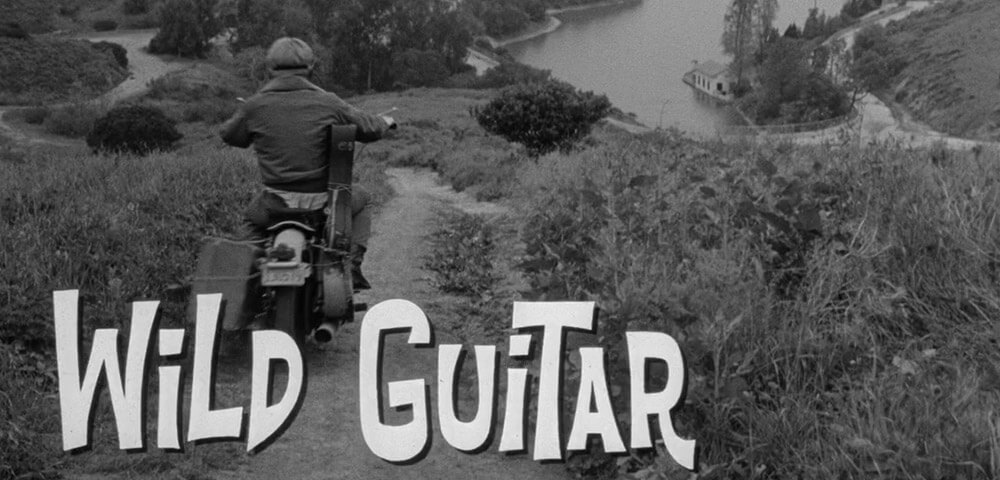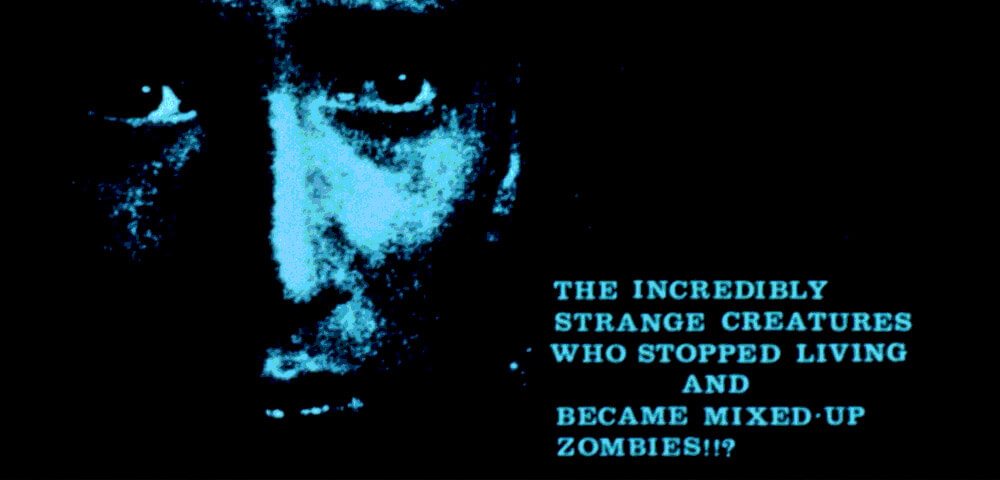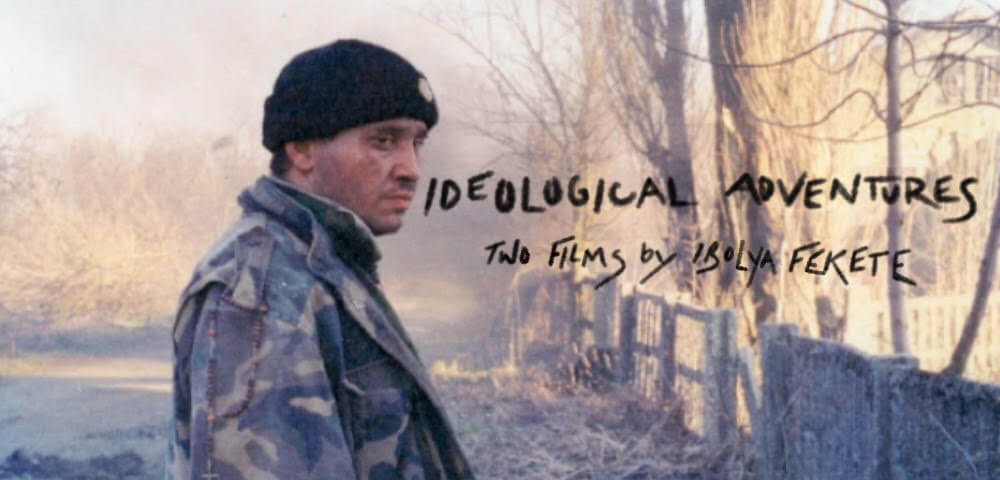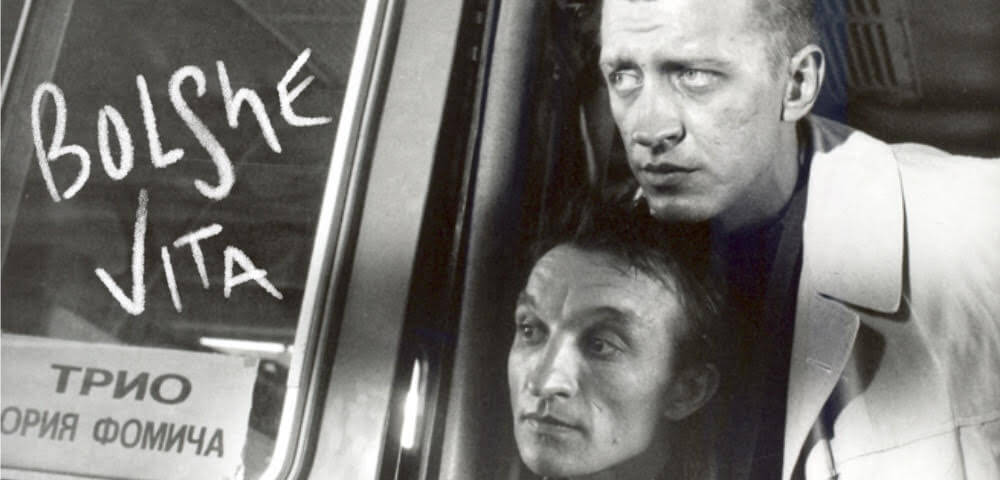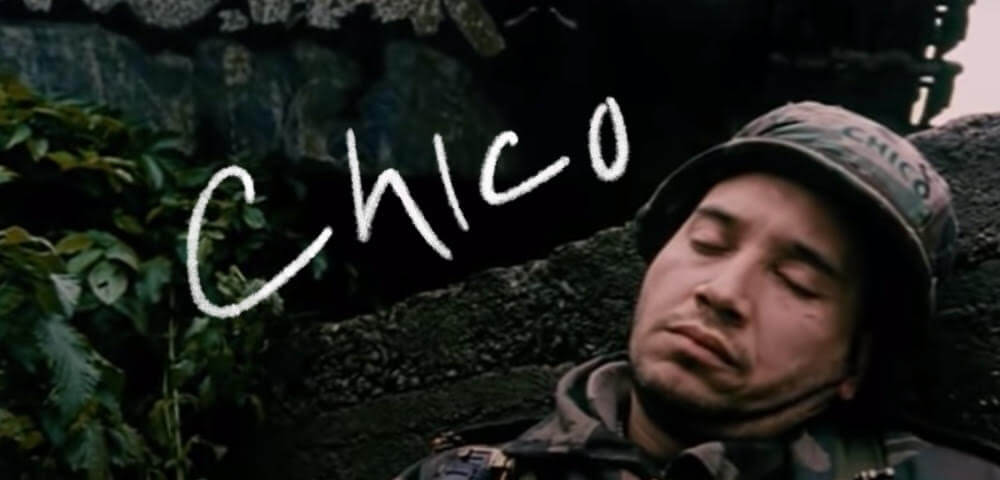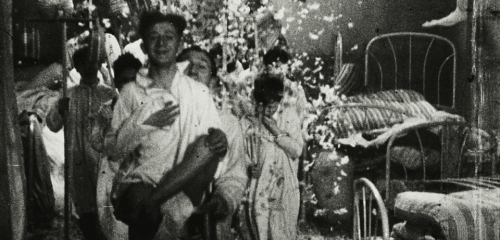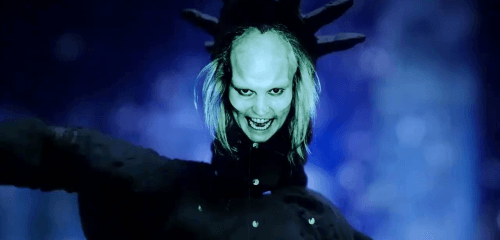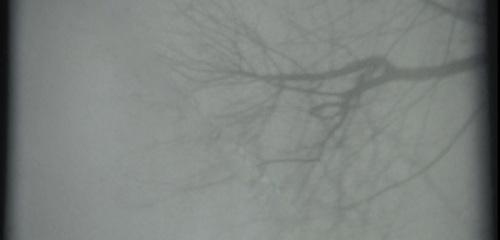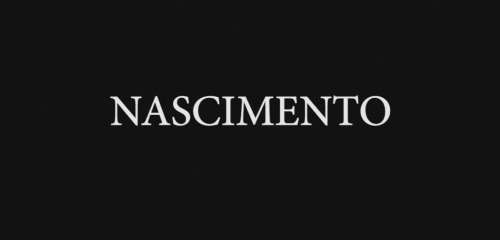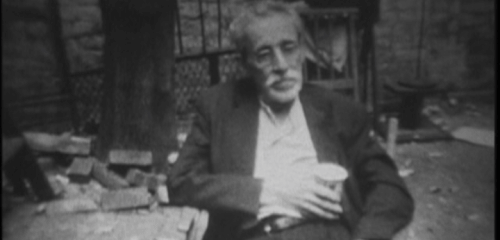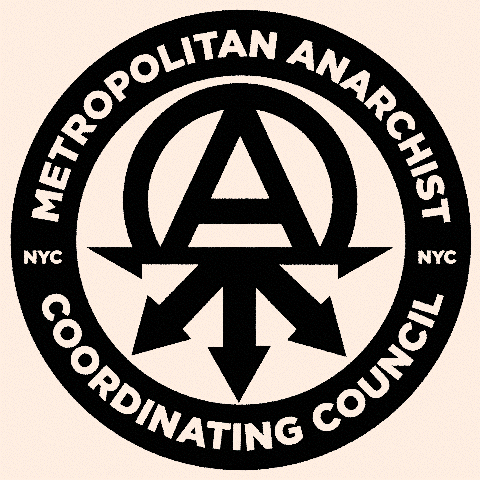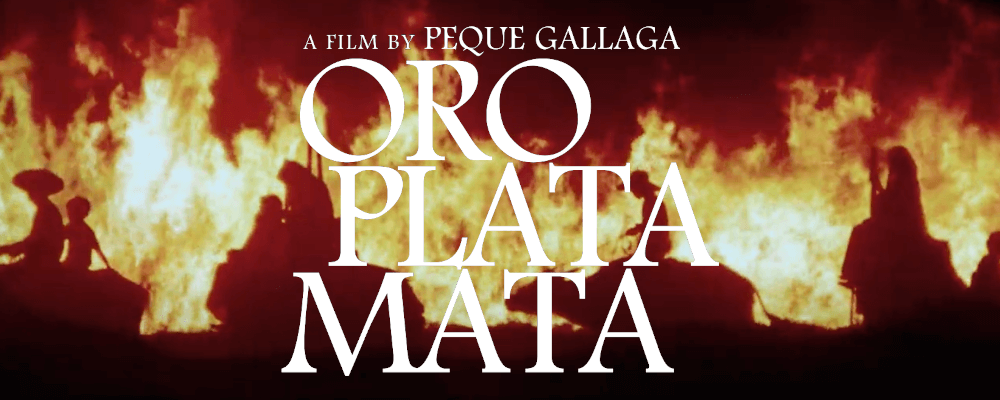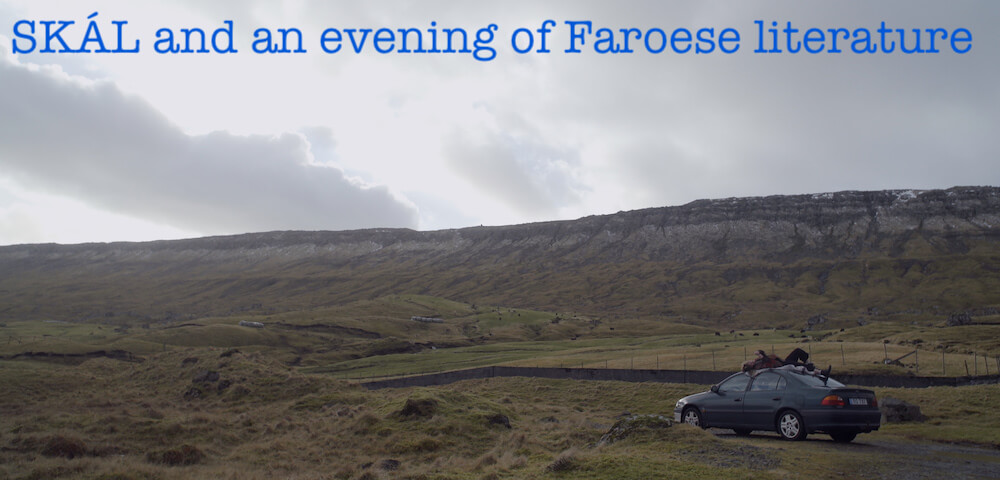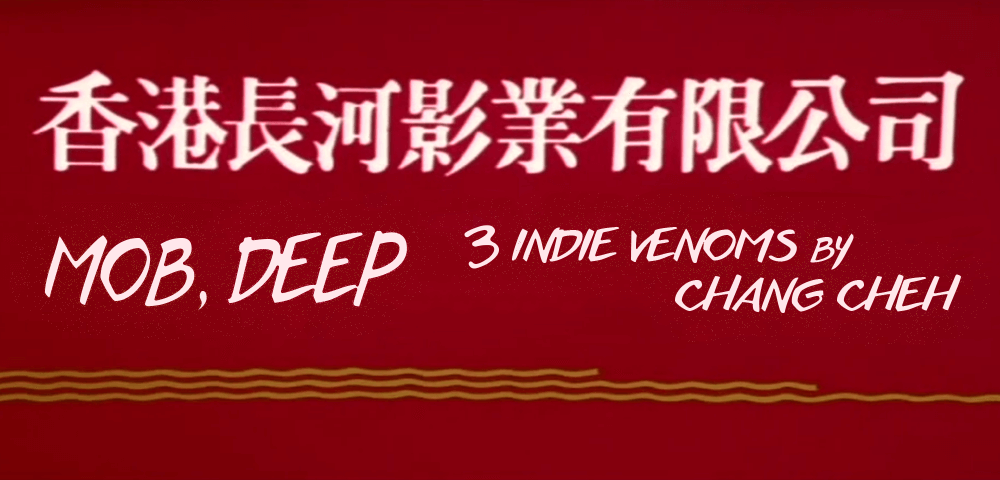
This May, Spectacle is thrilled to present this program of three late-career masterpieces by one of the most prolific filmmakers in the history of Chinese-language cinema, Chang Cheh.
Chang Cheh was a fixture of Shaw Bros. Studios throughout the 1960s and 70s, helming more than 70 films for the studio in the span of just 17 years and becoming synonymous with the Shaw “house style” that effectively informed an entire genre of filmmaking. Yet despite a string of late-period successes featuring a loose troupe of performers known as the “Venom Mob”— mainly comprised of Lu Feng, Chiang Sheng, Phillip Kwok, Sun Chien, Lo Meng, and Wai Pak; the name derived from Chang’s 1978 classic THE FIVE VENOMS— Chang and his performers felt increasingly stifled by the studio’s lengthy contract terms and grueling production schedules.
By the early-1980s, with the Brothers having ceded most of their box office dominance to the more modern, diverse offerings being put out by rival studio Golden Harvest, Chang opted to break from the studio once and for all, relocating to Taiwan and forming a new production company, Chang He Motion Picture Co., alongside Venom collaborators Lu Feng and Chiang Sheng.
Chang’s independent releases for Chang He felt like the work of a revitalized filmmaker. What they may have lacked in the budget or sophistication of his Shaw productions, they made up for in their narrative ambition and visual flair. Where Shaw’s kung fu and wuxia productions tended to be more uniform in style, tone, and subject matter, Chang’s independent output saw him embracing changing attitudes and cinematic appetites sweeping Hong Kong, Taiwan, and the mainland. The company’s initial string of releases that included ATTACK OF THE JOYFUL GODDESS (1983), THE NINE DEMONS (1984), and SHANGHAI 13 (1984), leaned heavily into the operatic, horror, experimental, and political qualities that colored his later Shaw work, while keeping intact the mind-blowing choreography and themes of brotherhood and staunch masculinity (yanggang) for which his films were best known.
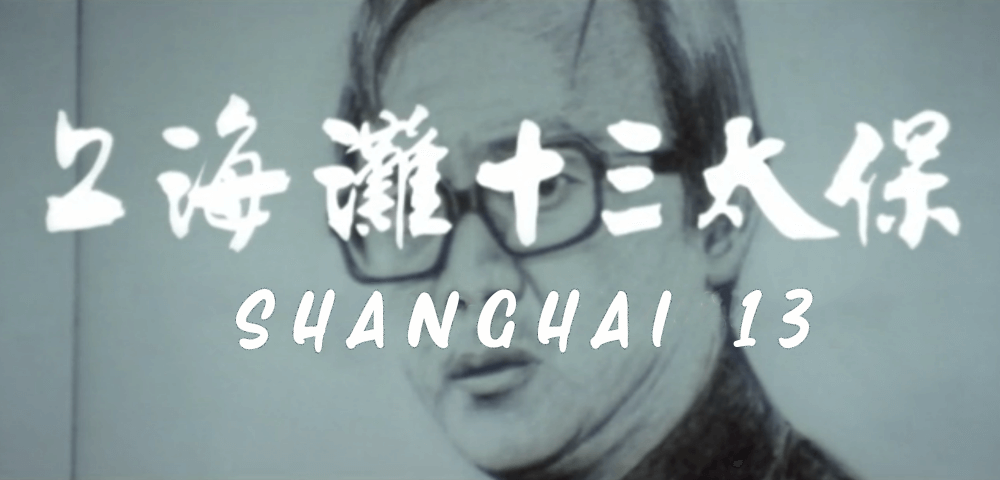
SHANGHAI 13
(上海灘十三太保)
dir. Chang Cheh, 1984
Hong Kong/Taiwan. 87 min.
In Mandarin with English subtitles.
THURSDAY, MAY 2 – 10 PM
SATURDAY, MAY 11 – MIDNIGHT
TUESDAY, MAY 14 – 7:30 PM
SUNDAY, MAY 26 – 5 PM
GET YOUR TICKETS!
In the wake of the occupation of Nanking, a young junior minister, Mr. Gao, uncovers a traitorous plot by the local puppet government to hand over control of China to the Japanese without a fight. After stealing a document naming the defectors, Gao seeks the help of an local honorable crime boss to deliver the document to Hong Kong and expose the conspirators, putting him at odds with gangsters and government officials alike. Gao’s protection is entrusted to the “13 Rascals”, a mysterious cabal of warriors whose personal allegiances may not be entirely what they seem.
The closest thing that exists to a Chang Cheh Reunion Special. An action-packed, deliriously-paced series of setpieces featuring a Murderers’ Row of Chang collaborators from throughout his career: From Jimmy Wang Yu, star of Chang’s earliest Shaw productions, including their mutual breakout ONE ARMED SWORDSMAN (1967)… to Chang’s 70s “Iron Triangle” proteges Ti Lung and David Chiang… to veteran Shaw performers Danny Lee, Wang Chung, and Chan Sing… up through Venom Mob-sters Lu Feng, Chiang Sheng, and newcomer Ricky Cheng. Each pops in for just a scene or two as Gao is ushered from location-to-location and rascal-to-rascal, yet each makes an absolute meal out of their allotted screentime, showcasing some of the most hard-hitting and inventive fight sequences in a career full of them.
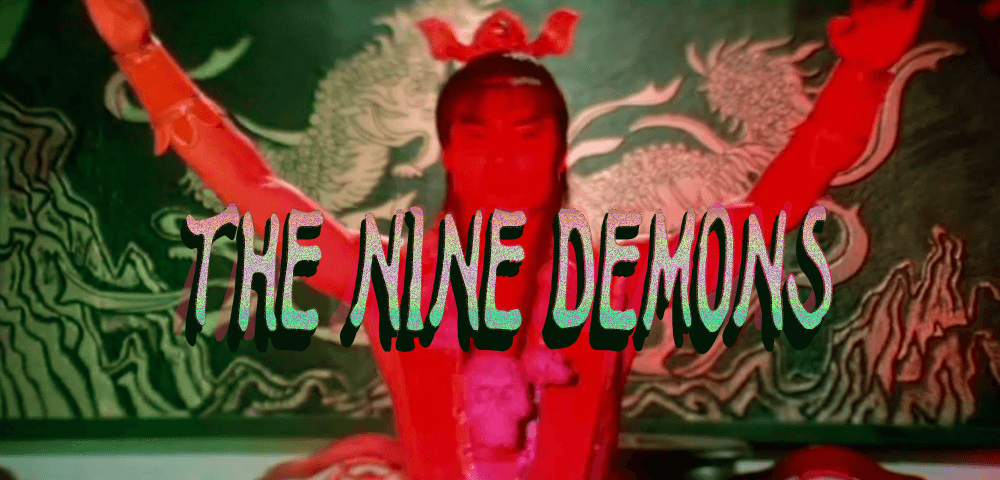
THE NINE DEMONS
(九子天魔)
dir. Chang Cheh, 1984
Hong Kong/Taiwan. 99 min.
In Mandarin with English subtitles.
TUESDAY, MAY 7 – 7:30 PM
SATURDAY, MAY 11 – 10 PM
FRIDAY, MAY 17 – MIDNIGHT
SUNDAY, MAY 26 – 7:30 PM
GET YOUR TICKETS!
A young martial artist journeys to the underworld where he sells his soul to the devil for supernatural powers, in the form of a chain of skulls containing nine ravenous demons willed to do his bidding. He vows to use these powers to avenge the death of his father and see his house restored to order, but soon learns that with this great power comes an insatiable thirst for blood.
A criminally underseen masterpiece and the most ambitious of Chang’s independent features. The film is a loose adaptation of the tale of Faust adopting characteristics of traditional Chinese folk horror and jiangshi fiction, filtered through the aesthetics of Peking opera, and teeming with brutal, bloody action. The horror and opera elements that began took shape in his later Shaw releases like HEAVEN AND HELL (1980), THE SWORD STAINED WITH ROYAL BLOOD (1981), and FIVE ELEMENT NINJAS (1982), arrive here fully formed, giving the distinct impression of a filmmaker taking full advantage of his newfound creative freedom. Combined with the superb practical effects and stellar fight choreography— once again courtesy of the trio of Lu, Chaing, and Cheng— the film a must watch for fans of kung fu, horror, opera, and everything in between.
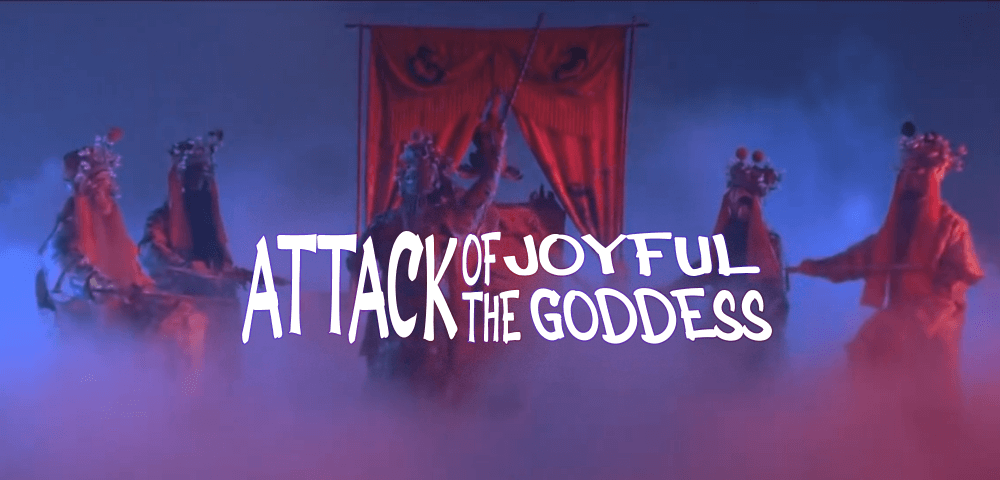
ATTACK OF THE JOYFUL GODDESS
(撞鬼)
dir. Chang Cheh, 1983
Hong Kong/Taiwan. 88 min.
In Mandarin with English subtitles.
FRIDAY, MAY 3 – 5 PM
TUESDAY, MAY 7 – 10 PM
SUNDAY, MAY 12 – 5 PM
FRIDAY, MAY 24 – MIDNIGHT
GET YOUR TICKETS!
A troupe of traveling opera performers stops over in a small town where their lead actress catches the attention of a local military commander. Betrothed to another member of the troupe, she rebuffs his advances, putting the rest of the group in the precarious position of having to decide whether their collaborator’s life is worth the price of the military’s ire. All the while, the troupe is unaware that supernatural forces at hand have other designs on the group.
The first film released under the newly founded Chang He Film Co., JOYFUL GODDESS remains one of the best translations of traditional Chinese opera forms and themes to film. Ironically, the fact that the film was shot on a fraction of the budget of one of Chang’s Shaw releases works largely to the film’s benefit, with the minimal set design, live lighting cues, and use of simple theatrical effects recalling the experience of viewing an actual stage production. But even if traditional Chinese opera isn’t your thing (which it probably isn’t), you can rest assured knowing the film also boasts some incredible fight choreography courtesy of Lu and Chiang (also credited as the film’s co-directors), plus a finale so insanely out-of-pocket that it can only rightly be described as HAUSU by way of Cirque du Soleil.
Special thanks to Far East Flix.
